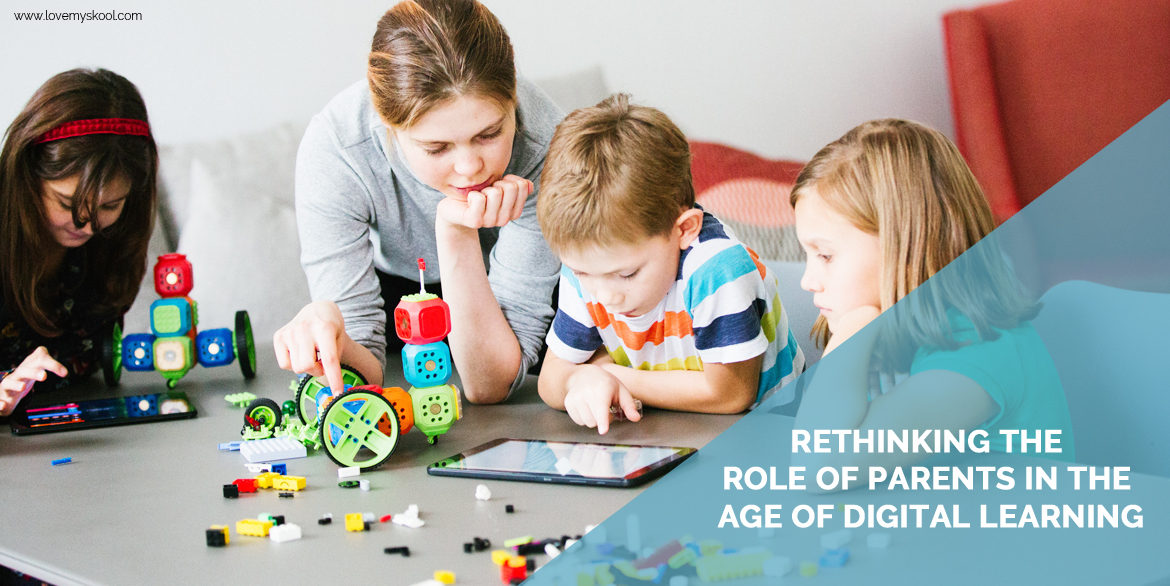
The accelerated technological advancements, the increase in usage of online media, and the reduced cost of mobile technology have opened a communication factor that has sharply affected involvement and relationships between parents and children.
Online media has affected one-on-one interactions, not only among adults but between parents and their wards. Such development has impacted engagement of parents in the lives of their kids, as well as the schools in keeping the role of parents relevant throughout the educational phase of children.
The new generation knows digital technology since birth and is comfortable with it. We can call them ‘digital natives’, while the previous generation encountered digital means and technological advances at a later point in life are known as ‘digital immigrants’. So, ideally, students are ‘digital natives’ and parents’digital immigrants’. This gap leaves the parents struggling to cope with the speed of digital evolution.
This struggle creates challenges for parents whose kids are connected with online education; in the form of staying abreast with latest digital learning techniques, applications, learning software, and other online information. Apart from overcoming digital illiteracy, parents have to identify the latest e-learning apps or software, parents are expected to consider how they can connect with their children and play the vital role whilst using technology.
This article explores ways through which parents can revisit their role and meet the educational needs of their children through digital learning and use of learning management software. Let’s check how.
- Bridging the Gap: To match the pace of young online media users, parents need to bridge the gap between digital natives and digital immigrants.
- Mentoring: The role of a modern parent shifts from being just a parent to a ‘media mentor’. A trusted adult who can engage with children and use technology in a creative and interesting way.
- Learning Outcomes: Use of technology results in parent-child interactions in ways which directly impact academic, social and emotional learning as well. Computer use at home has been associated with enhanced learning and increased academic success.
- Involvement in Education: Schools can associate with parents and involve them and contribute in improving parent-child relations. Parents can be updated about the progress of students on specific topics, activities, assessments, homework, learning strategies, projects through the school’s website.
With the rapidly evolving digital age, besides parents, schools too can become change agents of positive transformation for students.
